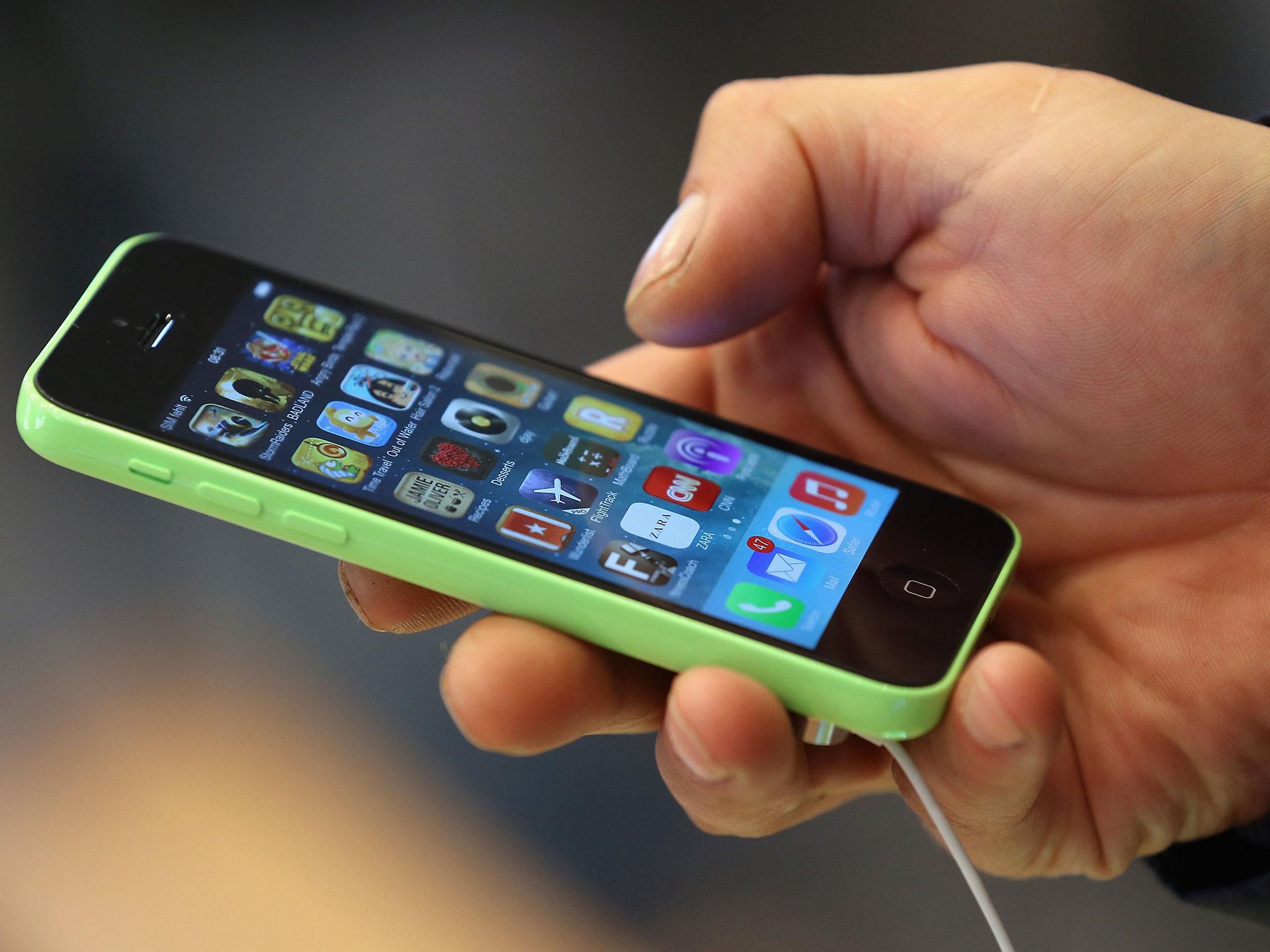Commuters of Britain: unite against this aural tyranny!
Instead of a quiet carriage, why don’t we have a noisy carriage?


Your support helps us to tell the story
From reproductive rights to climate change to Big Tech, The Independent is on the ground when the story is developing. Whether it's investigating the financials of Elon Musk's pro-Trump PAC or producing our latest documentary, 'The A Word', which shines a light on the American women fighting for reproductive rights, we know how important it is to parse out the facts from the messaging.
At such a critical moment in US history, we need reporters on the ground. Your donation allows us to keep sending journalists to speak to both sides of the story.
The Independent is trusted by Americans across the entire political spectrum. And unlike many other quality news outlets, we choose not to lock Americans out of our reporting and analysis with paywalls. We believe quality journalism should be available to everyone, paid for by those who can afford it.
Your support makes all the difference.Very occasionally in this space, I manage to capture the mood of a nation. This happened last week when I lamented the end of quiet carriages on trains, and generally fulminated about people using their mobile phones in public. Why should we be forced to listen to others’ dreary conversations, I asked? The reaction this prompted, overwhelmingly positive, led me to believe I am on to something. This is a subject a lot of people care about. There was a time not that long ago when you could smoke a cigarette on a train, and now it would be regarded as an offence against humanity. Could the same happen to making mobile phone calls in public spaces?
Of course, there is a health issue relating to cigarette smoke. But I am just as concerned about the effects of passive listening. I was compelled to hear a woman on the train today, loudly discussing the sale of a property in Ibiza, and I felt myself boiling with rage. We don’t want to know about bloody Spanish property law! I sensed others in my carriage were of a similar mind. This can’t be good for our collective psychological welfare, and I’d like transport companies to take this state of affairs seriously.
One of my respondents on Twitter suggested I start a campaign against mobile calls on public transport. But it’s hard to know where to start. You can’t really legislate against breaches of politeness. Nevertheless, politeness should be the norm. Instead of a quiet carriage, why don’t we have a noisy carriage? Quietness is standard, but if you want to make a call on your mobile, there’s a special carriage available where you can have your interminable conversations with the man in IT, or you can furnish your loved one with every banal detail of your day, and you can compete with other people shouting “Exactly”, or “Amazing” or “Literally” down the phone. Smokers used to be banished to their own filthy carriage: let’s do the same with slaves of the mobile.
I am always tempted to ask: is your phone call is essential? Just say no. I can’t talk: I’m on the train. And in this way, we can stop employers believing that commuting time is just an extension to the working day for their employees.
I heard the man from Debrett’s on the radio yesterday talking about how we need a new code of behaviour for the era of the mobile phone, and I think we mobile refuseniks should pressure rail companies to take a lead. So, Chiltern Railways, or Southeastern, or First Great Western (who, incidentally, tweeted me in response to my piece last week to stress that they haven’t got rid of quiet carriages), be visionary!
One day soon, your passengers will rise up as one and say: no more of this intrusion, no longer will I be forced to listen to this inanity. Be brave, be ahead of the game, and restrict mobiles to one zone of the train. You know it makes sense, and you know you’ll have to do it eventually. So join me in my crusade: petition your train company to help rid the travelling nation of this anti-social curse.
Join our commenting forum
Join thought-provoking conversations, follow other Independent readers and see their replies
Comments